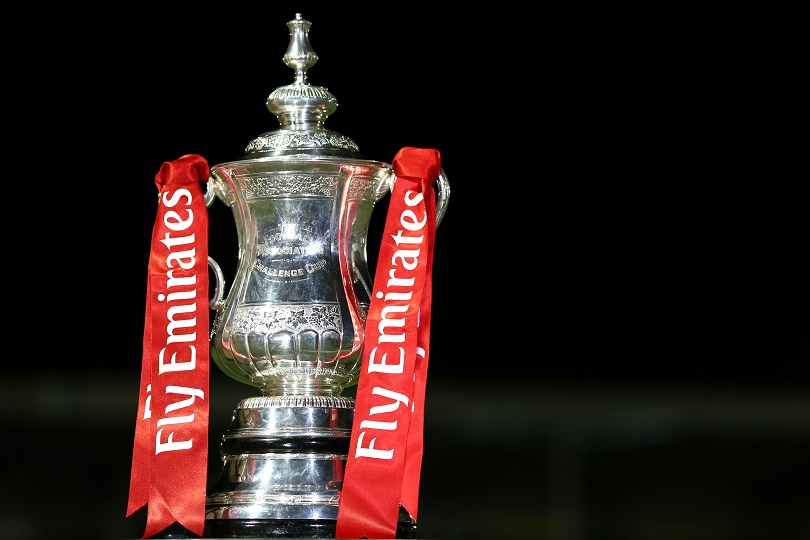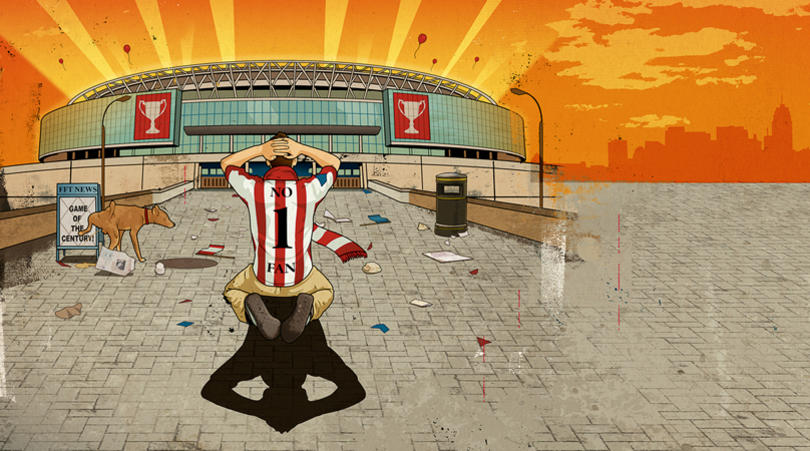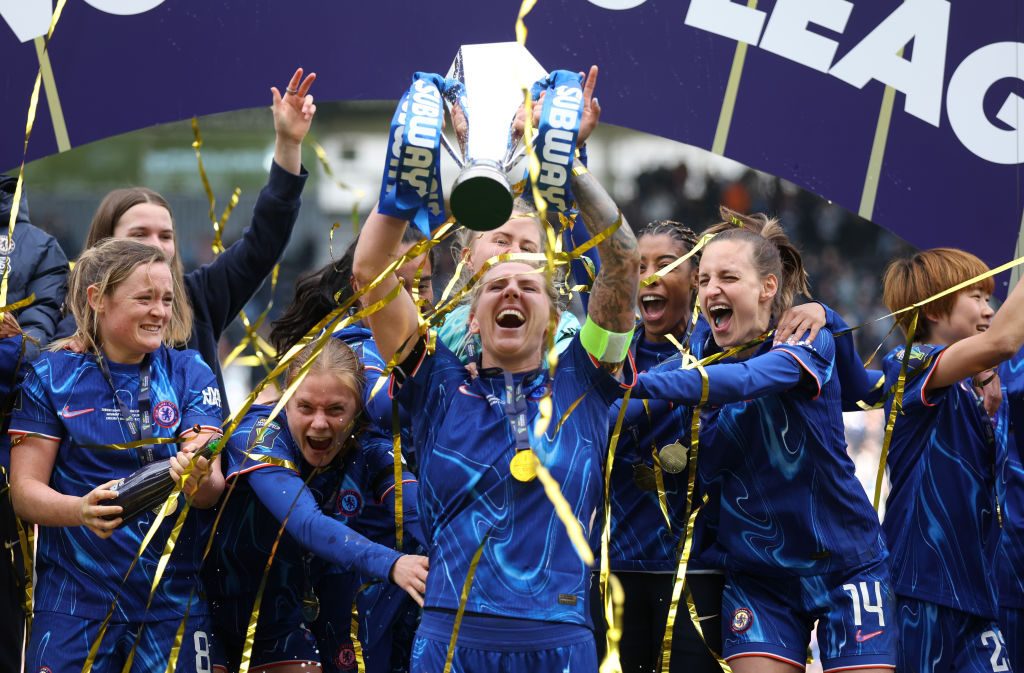How increased Premier League competitiveness has restored the FA Cup's magic
After four of the top flight's Big Six progressed to the semi-finals, Dan Kilpatrick explores why the tournament has been boosted by a general raise in standards
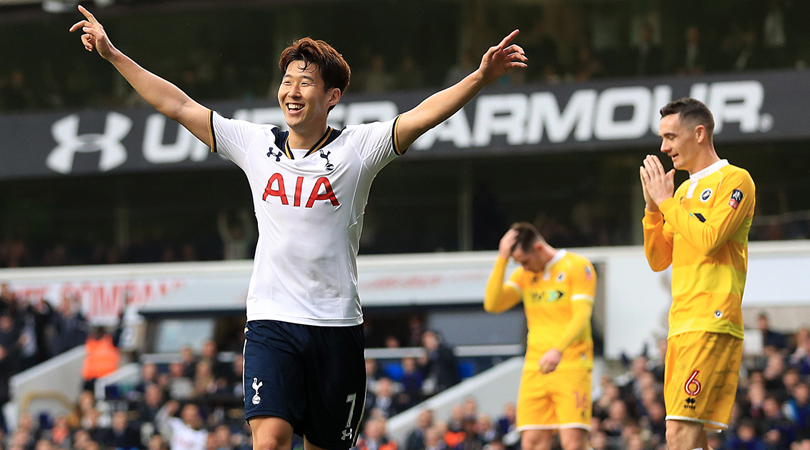
The FA Cup needed a lift and it's difficult to imagine a more revitalising season for the world's oldest domestic trophy. The competition has been accused of losing its relevance, prestige and – most significantly – its "magic" in recent years, but 2016/17 has been the perfect tonic.
In another campaign, League One Millwall's run to the quarter-finals, beating three Premier League opponents en route, might have been the biggest story, but the Lions' pride was nothing compared to Sutton United's or Lincoln City's. There's magic in the old cup yet.
For all the upsets and fairytales, though, the four semi-finalists are drawn from the Premier League's top five, while sixth-placed Manchester United were narrowly eliminated in the last eight. Of English football's superclubs, only Liverpool let the side down, losing to Wolves in the fourth round. There can be no more accusations that the biggest sides in the country don't care about the FA Cup.
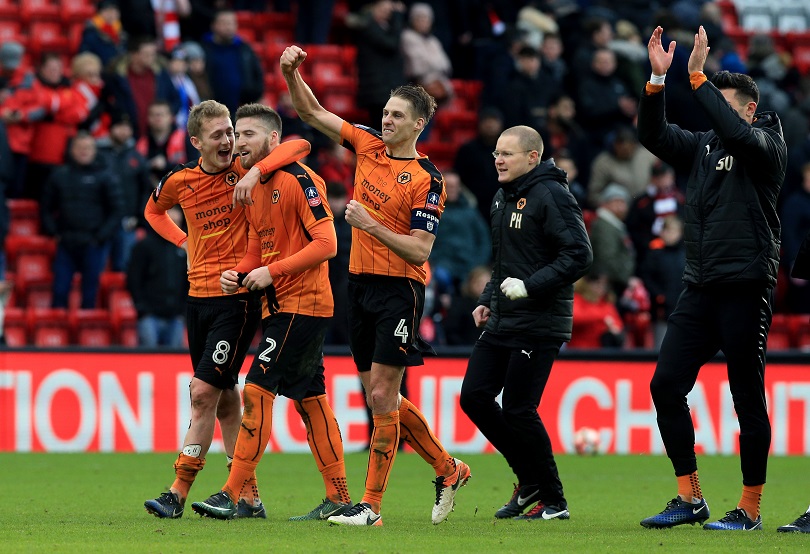
Big boys bite back
The return of the heavyweight clubs is reflective of a new set of circumstances at the top of the Premier League
A star-studded semi-final line-up may feel routine, but you actually have to go back to 2012 for the last time two of the current top six – Chelsea and Liverpool – met in the final. Since 2000, Crystal Palace, Aston Villa, Hull, Wigan Athletic, Stoke, Portsmouth, Cardiff, West Ham, Millwall and Southampton have all reached the showpiece in Cardiff or Wembley, with their runs both fuelling the competition's reputation for magic and paradoxically leading to the idea that it matters less because the big teams' priorities so obviously lie elsewhere.
The return of the heavyweight clubs to the last four is partly down to the luck of the draw, of course, but it's also reflective of a new set of circumstances at the top of the Premier League, as well as the complex individual situations of Tottenham, Arsenal, Manchester City and, to a lesser extent, Chelsea.
Leicester's remarkable title triumph last term, coupled with a more level playing field throughout the Premier League, has left the clubs at the top in varying states of rockiness that a top-four finish alone can no longer fix. This season, the top six need the FA Cup as much as the FA Cup needs the top six, and the semi-final line-up feels like a mutually beneficial arrangement, restoring pride and prestige for clubs and competition alike.
Get FourFourTwo Newsletter
The best features, fun and footballing quizzes, straight to your inbox every week.
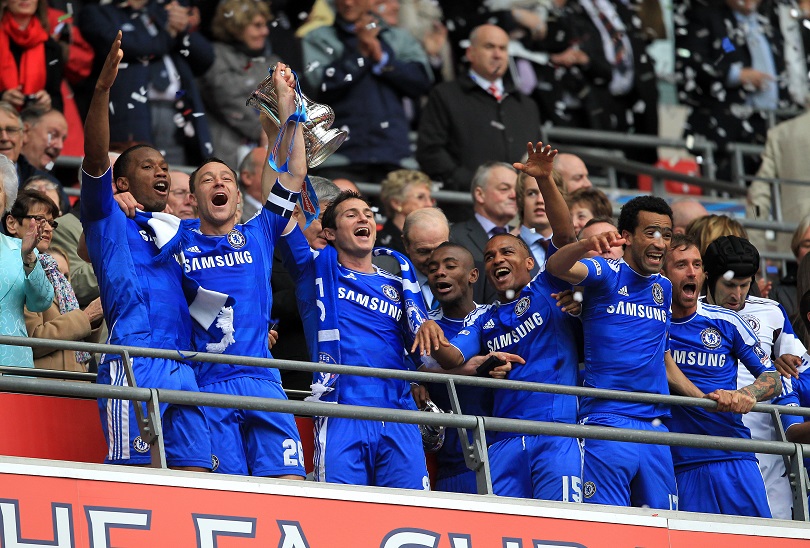
Winning mentality
Pochettino has admitted that the Premier League title - his ultimate goal - will be difficult to attain until his young squad has experienced winning something
Last year, for instance, Mauricio Pochettino wasn't interested in the FA Cup, preferring instead to focus on catching Leicester and making sure of Champions League qualification. A year on, another failed title tilt and top-four finish wouldn't be enough for Spurs; the north Londoners need a trophy to back up the considerable progress made under Pochettino, and the manager has admitted that the Premier League title – his ultimate goal – will be difficult to attain until his young squad has experienced winning something.
"Chelsea have a lot of players who know what it means to win, but we are creating a winning mentality," he said recently. Tottenham's supporters, too, are desperate to win a first FA Cup since 1991 – after all, it used to be their competition.
At Manchester City, Pep Guardiola also needs a trophy – but for different reasons. Like Pochettino, he's trying to instill a winning mentality in his players ("You don't discriminate competitions. Every game you have to try to win. It's the only way you can improve as a club, improve a mentality," he said after the quarter-final defeat of Middlesbrough) – but, unlike the Argentine, he arrived in England with a huge amount of expectation.
The Catalan's side haven't steamrolled the Premier League as some expected, and Guardiola isn't even guaranteed to improve upon his predecessor's fourth-place finish of 2015/16. The FA Cup represents City's most realistic chance of winning silverware, which would in turn justify the long courtship of Guardiola and significant summer spending on new players.
Wexit
Winning the tournament for the third time in four years would certainly appease many of those who have grown disaffected and restore some unity to a badly fractured club
Then there's Arsenal, a club so divided that it's impossible to discuss what their fan base desires. A top-four spot alone is unlikely to appease anyone, though, and if Arsene Wenger is to extend his stay at the Emirates, an FA Cup victory may be the only way to do it. Winning the tournament for the third time in four years would certainly appease many of those who've grown disaffected and restore some unity to a badly fractured club – particularly if they were to beat Spurs in the final.
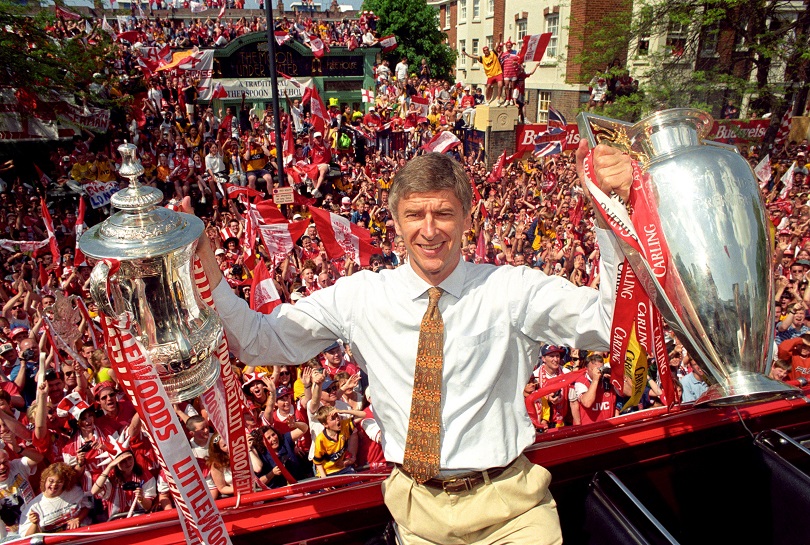
If Wenger is to leave, what a send-off it would be; an occasion where celebration would surely trump bitterness for all but the most rabid #WengerOut supporters. Another victory would move Arsenal ahead of Manchester United as the competition's most successful club and see Wenger become its most successful manager – only this time they'd be beating two big clubs to win it, and not Wigan/Hull (2014) or Reading/Aston Villa (2015).
Chelsea's need to win the FA Cup isn't as strong as the other semi-finalists given that they have essentially already wrapped up the Premier League title, but Antonio Conte undoubtedly views the tournament as important in helping to establish a winning mentality at Stamford Bridge.
The Italian, too, must be conscious of the chance to emulate his friend and compatriot Carlo Ancelotti, who won the Double in his first season at Chelsea and remains the only Blues manager to do so. Historically, the FA Cup has been a hugely important trophy for the club in the Roman Abramovich era: Chelsea have won it four times in the last 10 years, but not at all in the last five.
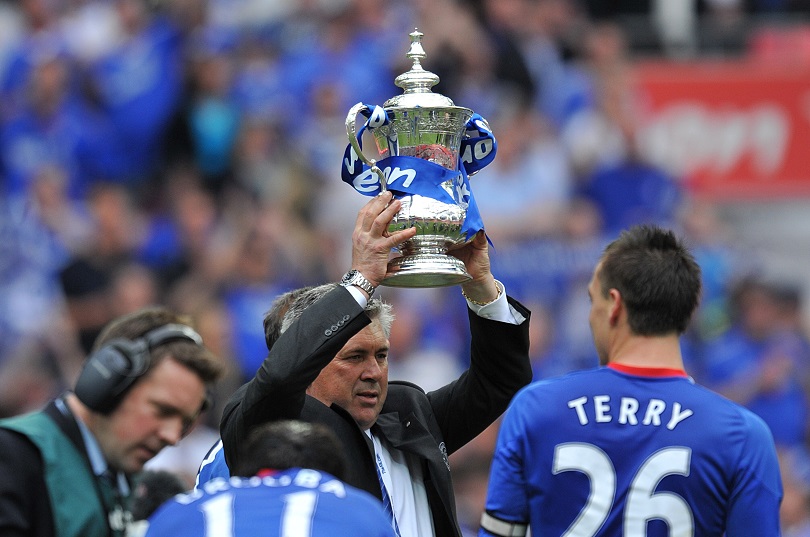
Fight on all fronts
It all too often feels like the Premier League has swallowed everything else, particularly when Tottenham choose to rest important players in the Champions League ahead of a trip to Chelsea, or Middlesbrough field a weakened team at home in the FA Cup quarter-final.
But this season at least, the competitiveness at the top of the league has also aided the FA Cup. Only one team can win the title each season and, when that becomes impossible for the others, their focus turns to other targets – including English football's foremost domestic cup competition.
The days of the Big Four are long gone and there's a new reality for the top six clubs in the Premier League: two of them are going to miss out on the Champions League and, as things stand, it could be any two from second-placed Spurs down to United in sixth.
Winning the FA Cup would be a get-out-of-jail-free card for each of Pochettino, Wenger and Guardiola, and their desire to lift the trophy is a boost to both their clubs and the competition itself.
